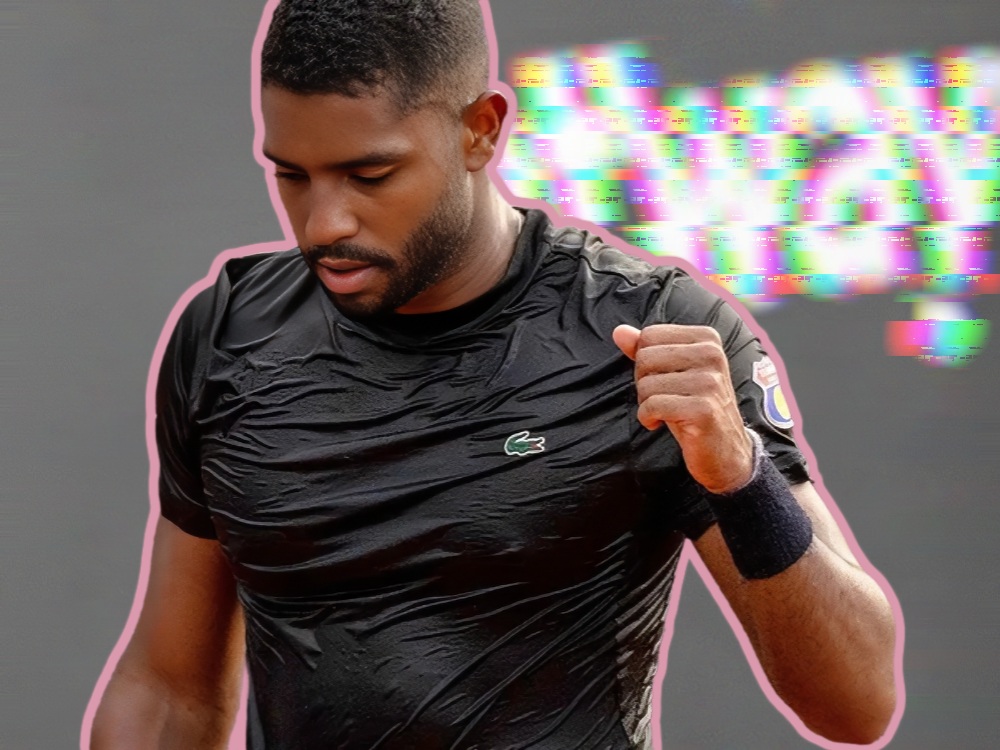A new study by dating app Hinge reveals that Gen Z is significantly more open-minded about their sexuality compared to millennials, reflecting broader shifts in how younger generations approach dating and identity.
The 2025 LGBTQIA+ D.A.T.E Report (Data, Advice, Trends and Expertise) focused on people aged 18 to 26 (Gen Z), and found they were 21 per cent more likely than millennials (aged 29 to 44) to date individuals across a spectrum of gender expressions.
In addition, Gen Z LGBTQIA+ daters were 22 per cent more likely than their millennial counterparts to be open to sexual experiences with people outside their typical gender preference. Perhaps most striking, Gen Z respondents were 39 per cent more likely to say they had reconsidered their sexuality after experiencing an unexpected attraction.
‘Dating is No Longer About Labels’
“The future of dating is fluid, expansive, and entirely ours to define and redefine,” the report concluded.
Moe Ari Brown (he/they), a licensed therapist and Hinge’s Love & Connection Expert, said that these findings speak to a shift in how attraction is understood.
“Attraction is deeper than looks, presentation, or identity markers,” they explained. “True compatibility isn’t about matching labels — it’s about how you show up for each other.”
This evolving mindset aligns with broader social trends. In 2023, Business Insider and YouGov found that 5 per cent of Gen Z identified as queer — compared to just 1 per cent of Gen X and Millennials. Likewise, the UK Census revealed that 6.91 per cent of young people identified as lesbian, gay or bisexual, the highest proportion across any generation.
The Rise of ‘Slowmance’
Hinge’s previous reports have noted a growing focus on emotional connection over instant gratification, coining the term slowmance to describe how many queer daters are prioritising trust and deeper intimacy.
As sexual and romantic identities continue to evolve, Gen Z appears to be leading a cultural redefinition of dating norms — breaking away from labels and embracing the complexity of connection.



























